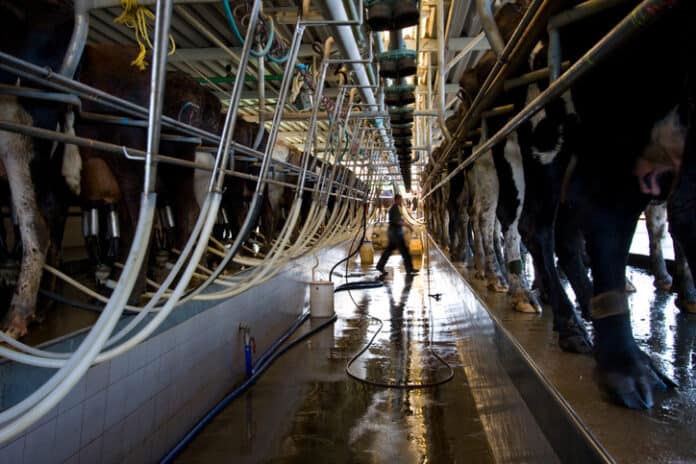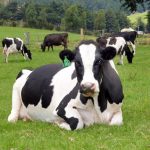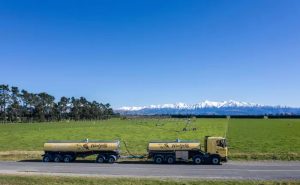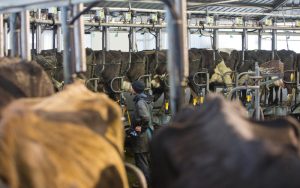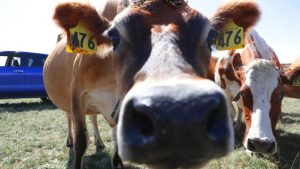
Following a review of the dairy quota allocation system, the Government will progress changes to the system in order to maximise opportunities for our dairy exporters, Agriculture Minister Damien O’Connor announced today.
“Having signed seven new or upgraded Free Trade Agreements since 2017, New Zealand has several new dairy quotas – including with the United Kingdom and the European Union.
“These newly secured quotas meant it was timely to review our quota system and make sure that our dairy exporters are able to get the most out of these market opportunities.”
The dairy export quota system was introduced in 2007 and allocations are set each year by the Ministry for Primary Industries. Access into export markets via quotas mean dairy producers are able to export with preferential conditions such as zero tariffs.
“The review identified that the existing system was no longer fit for purpose and there were opportunities to boost the benefits for New Zealand’s dairy exporters,” Damien O’Connor said.
“Quota allocations are currently based on each dairy companies’ share of milk solids collected from farmers. However, this excludes businesses who don’t collect milk solids but who still want to export dairy products into quota markets.”
“The improved system will instead move to allocation based on each company’s share of total exports by volume of the relevant product, including exports to non-quota markets,” Damien O’Connor said.
“Moving away from the prohibitive milk solids model will also open up quota access for non-bovine dairy exports – like sheep and goat products – and provide new room for growth and innovation.”
“These changes will ensure that we have a dairy quota system that is fair and provides opportunities for everyone – including small businesses and Māori enterprises.”
“This improved system will help to boost New Zealand’s $26 billion dairy export industry and I’d like to acknowledge the sector’s input and ongoing engagement with this work.”
Notes for editors:
The current dairy export quota system was introduced in 2007.
Access into some dairy export markets is controlled through quotas negotiated through trade agreements and provide market access at set volumes and lower or zero tariffs.
New Zealand currently allocates quota for bovine dairy exports to the United States, the United Kingdom (UK), the European Union (EU), Japan, and the Dominican Republic.
Summary of key changes:
- The changes to the dairy export quota system will require changes to the Dairy Industry Restructuring Act 2021 (DIRA). Cabinet has agreed to progress amendments to the DIRA that will:
- change the basis of quota allocation from milk solids collected to export history
- create a new regulation making power to enable portions of individual quotas to be reserved for both dairy exporters currently ineligible for quota and those only eligible for low export volumes
- enable quota access for non-bovine animal dairy exporters (such as sheep or goat, dairy) on the same basis as bovine animal dairy exporters.
- Under the improved system:
- allocation of each quota to applicants will be made proportional to their share of New Zealand’s exports by volume of the relevant product to all markets, including non-quota markets.
- The existing requirement to collect a minimum of 0.1 percent of total milk solids collected from dairy farmers in New Zealand will be removed.
- Any quota which would not be fully allocated during an allocation round (for example, due to under-application) will continue to be allocated pro-rata to eligible applicants.
- Quota will continue to be allocated annually, in advance of the beginning of the quota year.
The improvements to the dairy export quota system will require amendments to the Dairy Industry Restructuring Act 2021 (DIRA) to be passed by Parliament. The soonest the changes could be in place is by late 2024, meaning that the 2025 dairy export quota allocation round could be made under the new system.
